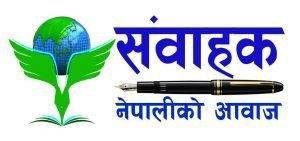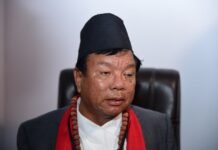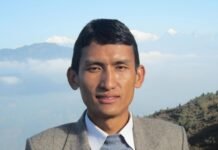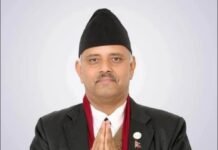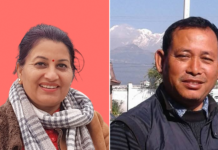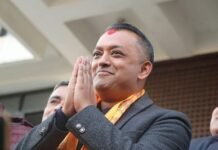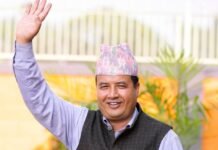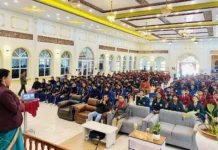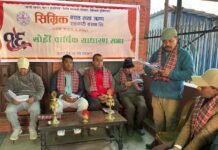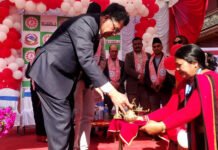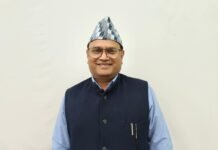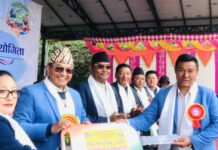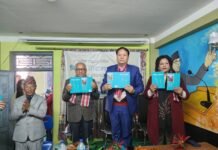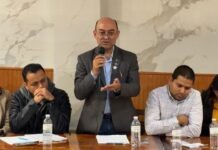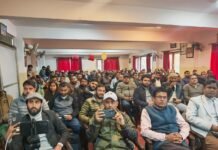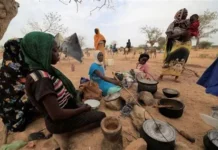Roshan
THE Pakistan strong commitment towards democracy is very obvious as the last two democratically elected governments has successfully completed their five years term and provided friendly atmosphere for investment and trade and infrastructure development besides government’s strong determined stance towards eradication of terrorism from Pakistan.
Current political atmosphere of Pakistan is electric with optimism and pessimism. The forces of change take sanguine view of elections, ushering in a new era, diametrically opposite of what country has witnessed so far. The forces of status quo; ruling elite call them an exercise, being robbed by aliens to thwart true democracy and civilian supremacy.
With only a couple of days left before the Pakistan goes to vote, the political campaign is ripe with swift turn of events on a daily basis. The Pakistani courts have already issued independent unbiased verdicts against previous government leadership’s on charges of corruption. The courts decisions are entirely based on the factual evidences. The political rivals are condemning this free and fair decision of courts and up against this to criticize the election process. Whereas one new political party Pakistan Tehreek-e-Insaf emerged with optimistic stance with the popular support of youth voters and about their winning performance on polling day. However disgruntled political maneuvers have leveled meritless and orchestrated allegations against the national institutions and have floated new dimensions with support of international aliens.
The deployment of security forces on polling stations is evident as the Election Commission of Pakistan (ECP) has written a letter to the Ministry of Defence for deployment of the army for the General Elections on 25 July. However, the opposite political views are disseminating against the positive nature of decision taken by ECP for deployment to security forces. Although, ECP has also developed a code of conduct for law-enforcement agencies, elaborating on their specified roles limited to provision of security. The other political views and opinion makers are deliberately criticizing the Army and security agencies whereas they need to focus on precious voters who are strongly opposing previous leaderships. The ISPR has also stated that “ECP has requisitioned Pak Armed Forces under Article 220 & 245 of Constitution to assist ECP in free, fair & transparent conduct of Elections 2018,”.“Shall undertake this mandated duty enabling people of Pakistan to freely exercise their democratic right in safe & secure environment”.
Besides all those conspiracies floated and run by international players with local disgruntled political support, these general elections would be a marvelous “Game Changer” for Pakistan as security agencies, LEAs and defense forces has succeeded in controlling terrorism menace , democracy and country’s economy has prospered long with strategic project of CPEC under Chinese BRI initiative. These elections will definitely change the elections’ history of Pakistan and will lead country to a peaceful and developing nation. The international community needs to appreciate Pakistan, which has emerged as torch bearer of democracy, where other countries are still submerging in terrorism.
Again, the non-state actors and their state actor’s interferences are snowballing in general elections with offensive use of social media to sabotage elections. The social media platforms were well active as attained importance in US elections 2016.
Besides that new hardcore wave of controlled and targeted terrorism incidents happened in July 2018 from NDS, RAW launch pads of Afghanistan to disrupt election process and to gain attention of international audiences.
The Tehreek-e-Taliban Pakistan (TTP) and the Islamic State (IS) groups have claimed the responsibility for these attacks. The obvious reason is to disrupt the coming elections and sow dissension within Pakistan. The TTP and the IS operate from Afghan sanctuaries and at least the TTP receives Indian and Afghan support with the tacit approval of the Americans while the IS, with operational links to the TTP, also benefits from this Indo-Afghan-American collaboration. Indeed Russia and Iran have accused the US of failing to act against the IS. Therefore, behind the terrorist attacks in Pakistan are the more sinister designs of an Indo-American-Afghan axis that is promoting the destabilisation of the country. The 2018 elections that have aggravated our internal differences provide the ideal opportunity to do so. States never declare their intentions to subvert and destabilise other states, but their actions speak louder than their words. That India promoted secessionist elements in erstwhile East Pakistan during and after the 1970 elections leading to the Bangladesh war are now a fact, acknowledged even by Indian Prime Minister Modi. Recently, India’s National Security Adviser, Ajit Doval, has stated on record that Indian intelligence is supporting the TTP and Baloch insurgents as well as terrorism in Karachi. Indian spy Kulbhushan Jadhav has also been acknowledged as much. India had also interfered in Sri Lanka by supporting the separatist LTTE in the 1980s and even now continues to “engineer” politics in that country, as also in Bangladesh and Nepal. Indian occupation of Sikkim on spurious grounds is a forgotten but another telling example of Indian interference.
The American record of promoting regime change was acknowledged to Bloomberg News recently by a former US Intelligence chief, James Clapper: that “the US has interfered in over 80 countries ‘in the best interests of the people of those countries”. Iraq, Libya and Syria are the most recent examples of this interference. Earlier, the US toppled the governments of Prime Minister Mosaddegh of Iran in 1953 and president Allende of Chile in 1973. The CIA is also believed to be behind the killing of Patrice Lumumba, the independence leader of Congo, in 1960 and even UN Secretary General Dag Hammarskjold whose plane crashed in mysterious circumstances in 1961 while trying to resolve the Congo crisis. Several other instances include assassination attempts against president Castro of Cuba, including the notorious Bay of Pigs incident, as well as the Contra scandal that sought to depose president Ortega of Nicaragua in the 1980s. Indeed, the US has a long history of bringing regime change in countries in Latin America, Africa, the Middle East and Southeast Asia, which are too numerous to be recounted here.
With such a history, the Indo-American assault on Pakistan, while not surprising, is extremely deadly. Their motives are driven by the convergence of their interests in the multi-polar world, where Pakistan’s policies are seen to be at variance from their joint strategic interests, especially in South Asia. The Indo-US partnership to contain China is constrained by Pakistan’s historical relationship with China which has grown further with CPEC as part of China’s OBOR project. Moreover, unlike other South Asian states, Pakistan is strong enough to reject Indian hegemony which undermines India’s regional role that America supports to contain China. Even worse from Washington’s perspective is the fact that Pakistan is the only Muslim country with nuclear weapons, ensuring credible deterrence against India. Hence the need to try and weaken Pakistan from within by sowing and manipulating dissensions between Pakistani institutions and its people, especially between the civilian and military leaderships. Weak and venal leaders are seen as the best instruments to pursue their objectives. Elements of externally funded NGOs, media and civil society groups are also being mobilised towards this end.
Not surprisingly, therefore, the Indo-American orchestrated narrative, especially over the recent past, has amplified the alleged civil-military divide in Pakistan, over both external and internal issues. It is claimed that efforts by civilian leaders to improve relations with India or Afghanistan have been derailed by the military, however, on the root causes of the differences with these countries, the civilian and military leaderships are on the same page. Internally as well, there is no divergence over democracy, the electoral process or even over the rule of law. In spite of this, the negative narrative alleges without credible evidence manipulation of the electoral process, muzzling of the media and pressuring the civil society.
Unfortunately, however, there are elements within Pakistan that take a selfish or naïve view of the inimical external forces at play. Instead of repeatedly relying on external “supporters”, Pakistani leaders must draw strength from the mandate of their own people. Democracy does not end but starts with elections. It requires nurturing through good governance, rule of law and separation of powers. It does not provide a licence to loot and plunder nor does it place the elected above the law. Everyone, whether civilian or military, must be accountable.
As liberal views people are preparing to vote on July 25th, Pakistani government in current scenario needs to wake up to the real dangers confronting Pakistan instead of plunging even deeper into discord. Genuine differences that do exist need to be resolved internally through dialogue and cooperation – not resorting to external support which always comes with malafide intentions. The political parties of Pakistan need to raise united voice in support of elections for their determined policies against corruption and terrorism in strengthening the government institutions of Pakistan rather than leveling allegations against them. Therefore stake holders should keep voters intact with prescribed manifestos rather than intensifying allegations on military on behest of international players.
—————————
Related
